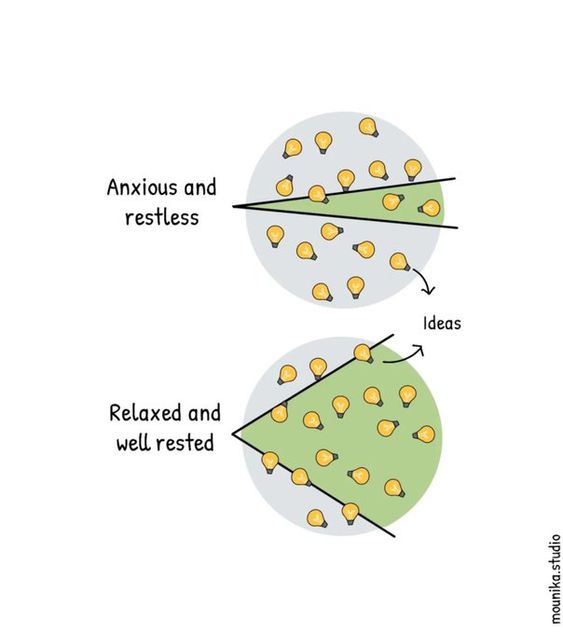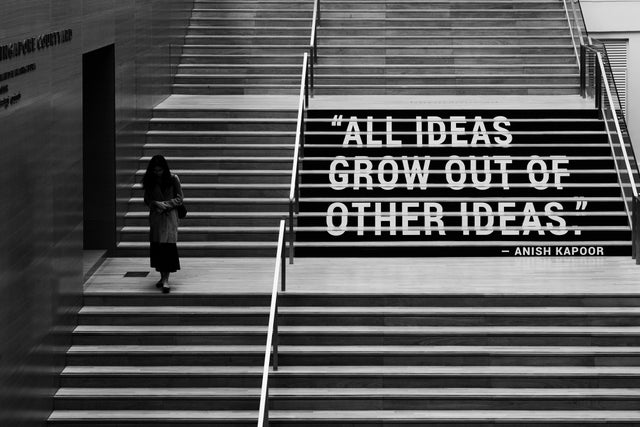“[Hemingway] would always end a writing session only when he knew what came next in the story. Instead of exhausting every last idea and bit of energy, he would stop when the next plot point became clear. This meant that the next time he sat down to work on his story, he knew exactly where to start. He built himself a bridge to the next day, using today’s energy and momentum to fuel tomorrow’s writing.”
Tiago Forte
“Over the years, I’ve learned that the first idea you have is irrelevant. It’s just a catalyst for you to get started. Then you figure out what’s wrong with it and you go through phases of denial, panic, regret. And then you finally have a better idea and the second idea is always the important one.”
Arthur van Hoff, Founders at Work
Where Do Ideas Come From? [Excerpt]
Excerpt: The following is an excerpt from Seth Godin’s book, The Practice. In it, you’ll find a provocative list of ideas on where ideas come from.
Read More »Where Do Ideas Come From? [Excerpt]
“If you want to complain that you don’t have any good ideas, please show me all your bad ideas first. Befriending your bad ideas is a useful way forward. They’re not your enemy. They are essential steps on the path to better.”
Seth Godin, The Practice (Page 191)
“Daring ideas are like chessmen moved forward; they may be beaten, but they may start a winning game.” ~ Goethe, via Blog of Jonathan Fields
“Build pockets of stillness into your life. Meditate. Go for walks. Ride your bike going nowhere in particular. There is a creative purpose to daydreaming, even to boredom. The best ideas come to us when we stop actively trying to coax the muse into manifesting and let the fragments of experience float around our unconscious mind in order to click into new combinations. Without this essential stage of unconscious processing, the entire flow of the creative process is broken.” ~ Maria Popova, Brain Pickings

![Where Do Ideas Come From? [Excerpt]](https://movemequotes.com/wp-content/uploads/2021/04/IMG_1179-930x620.jpg)

